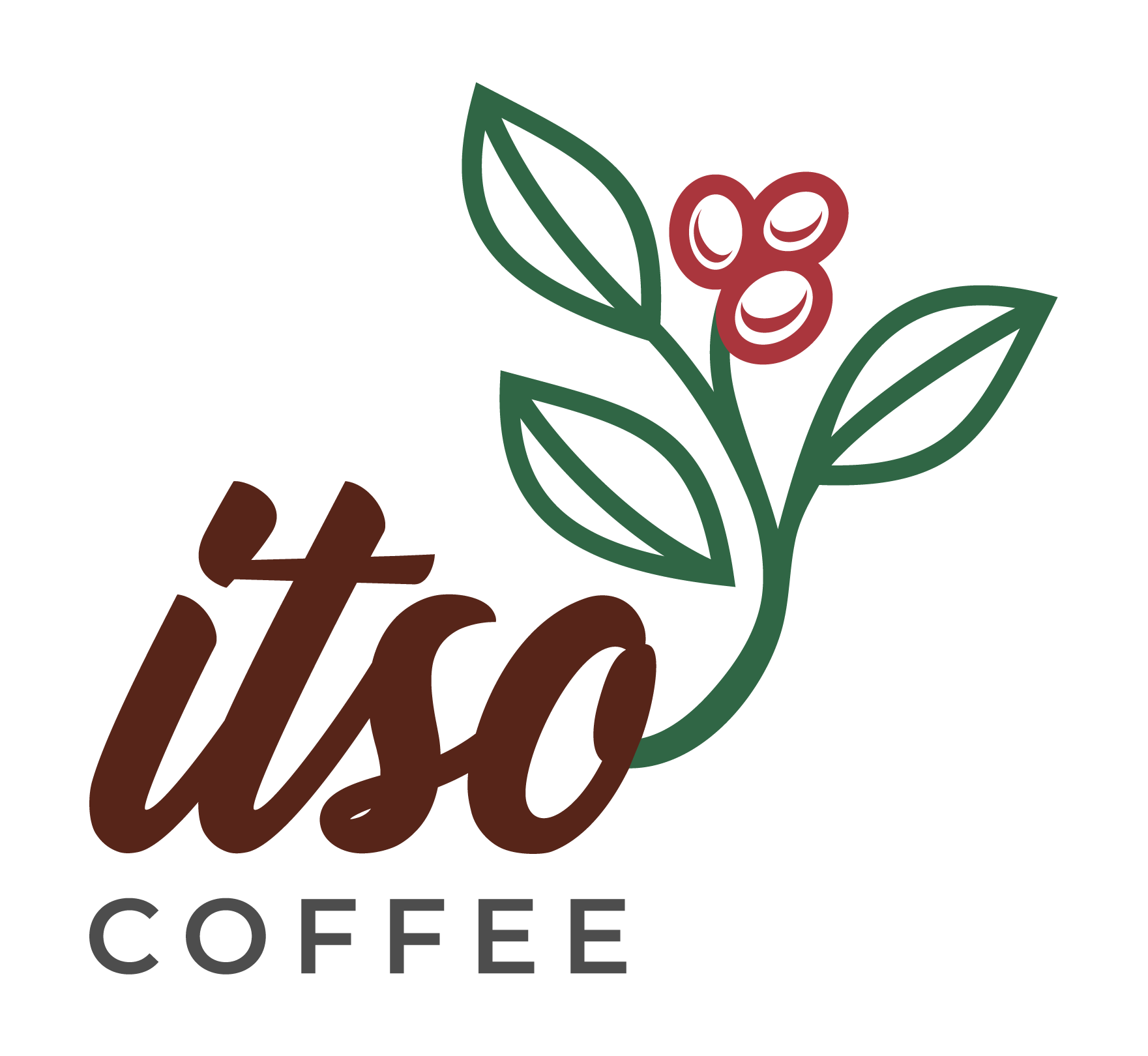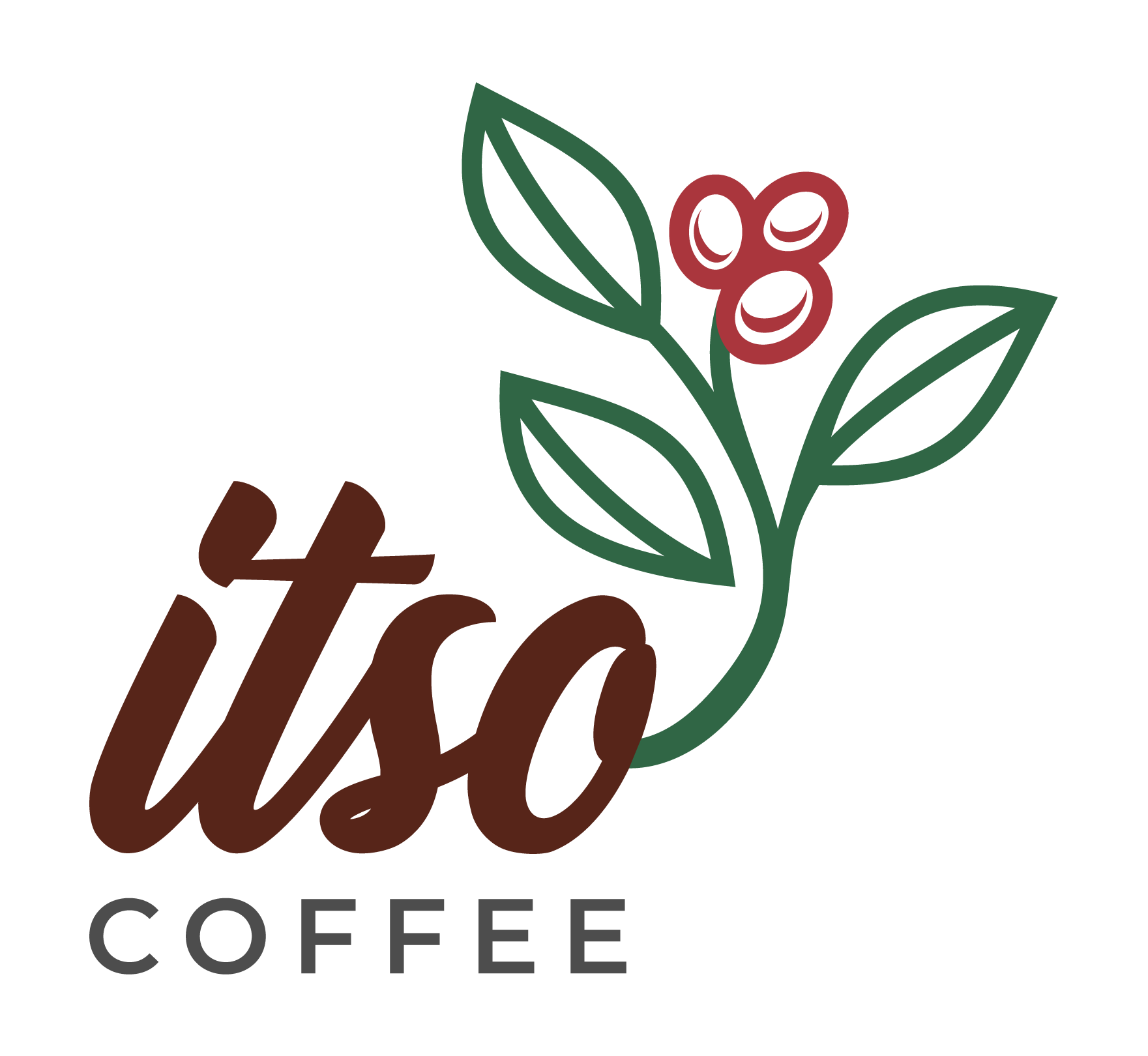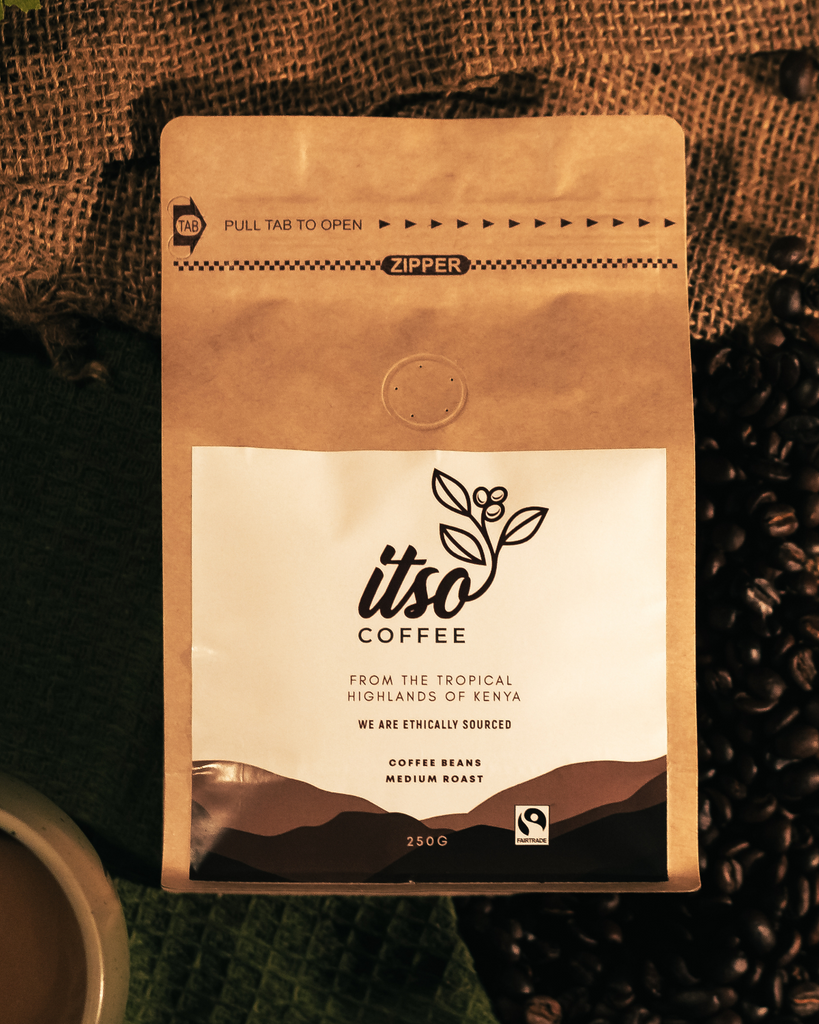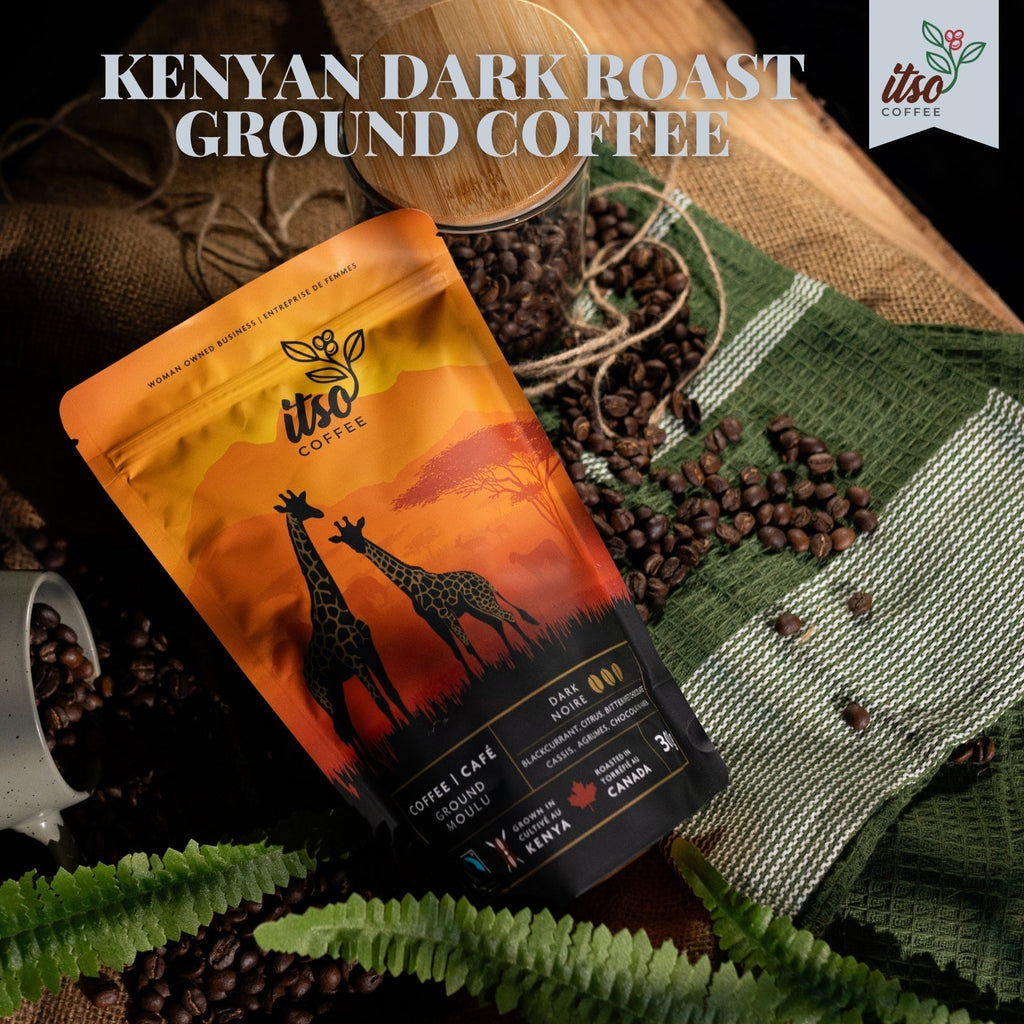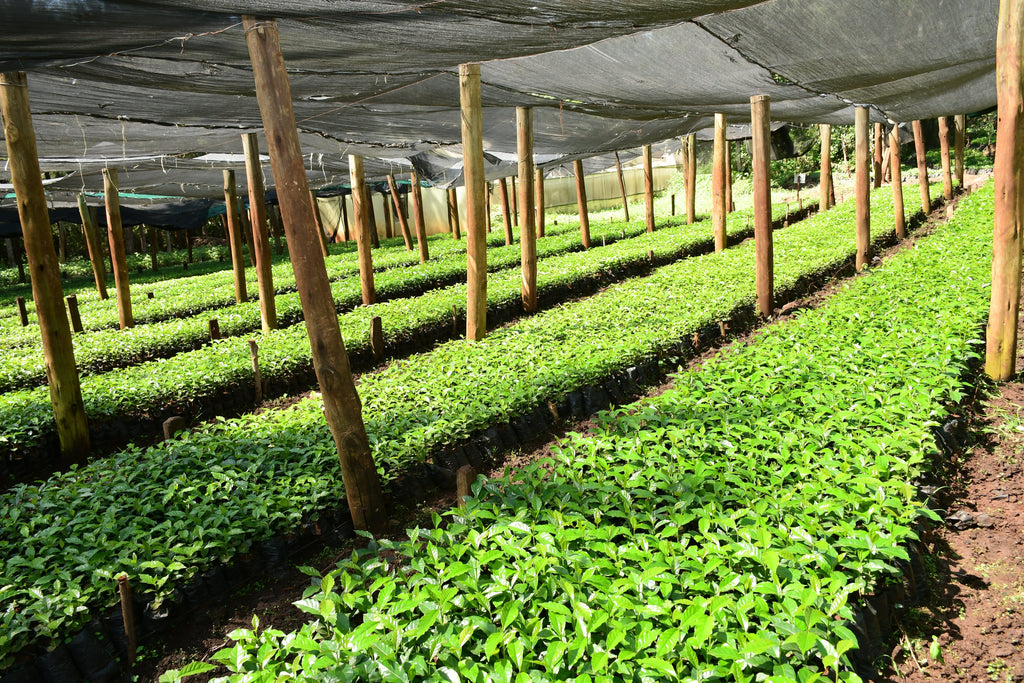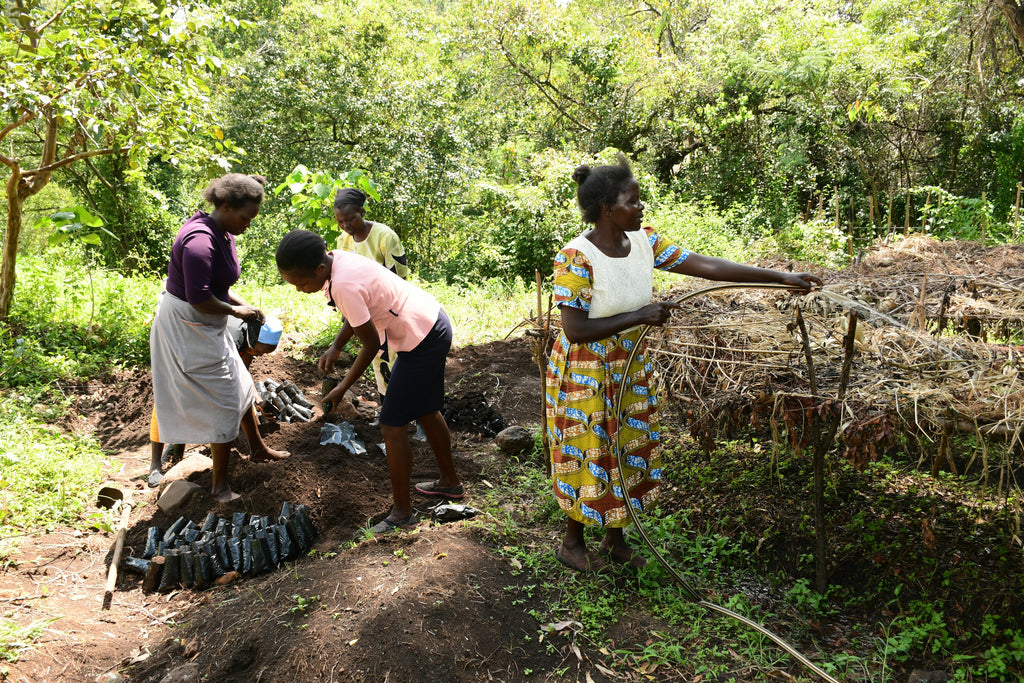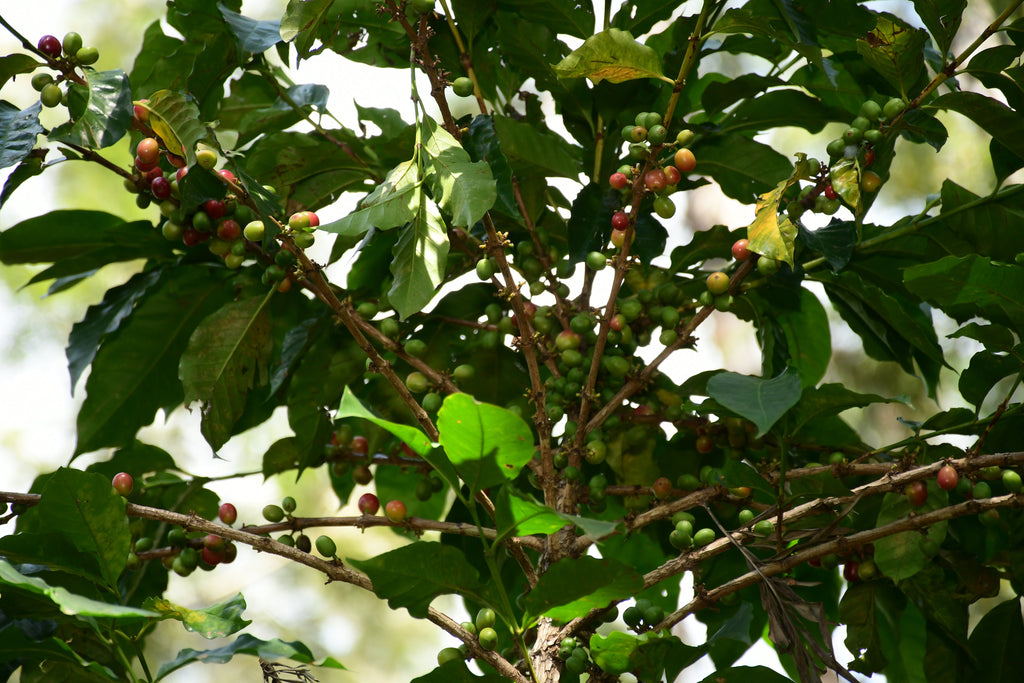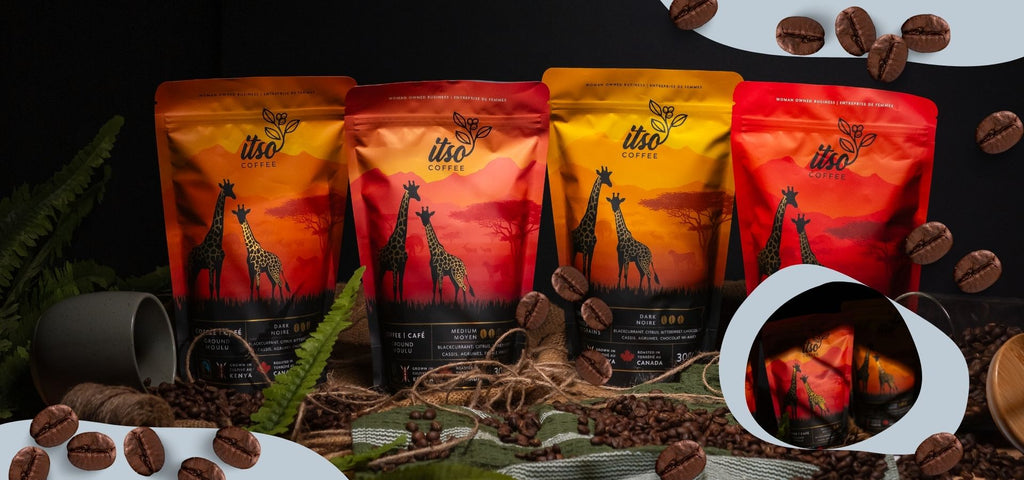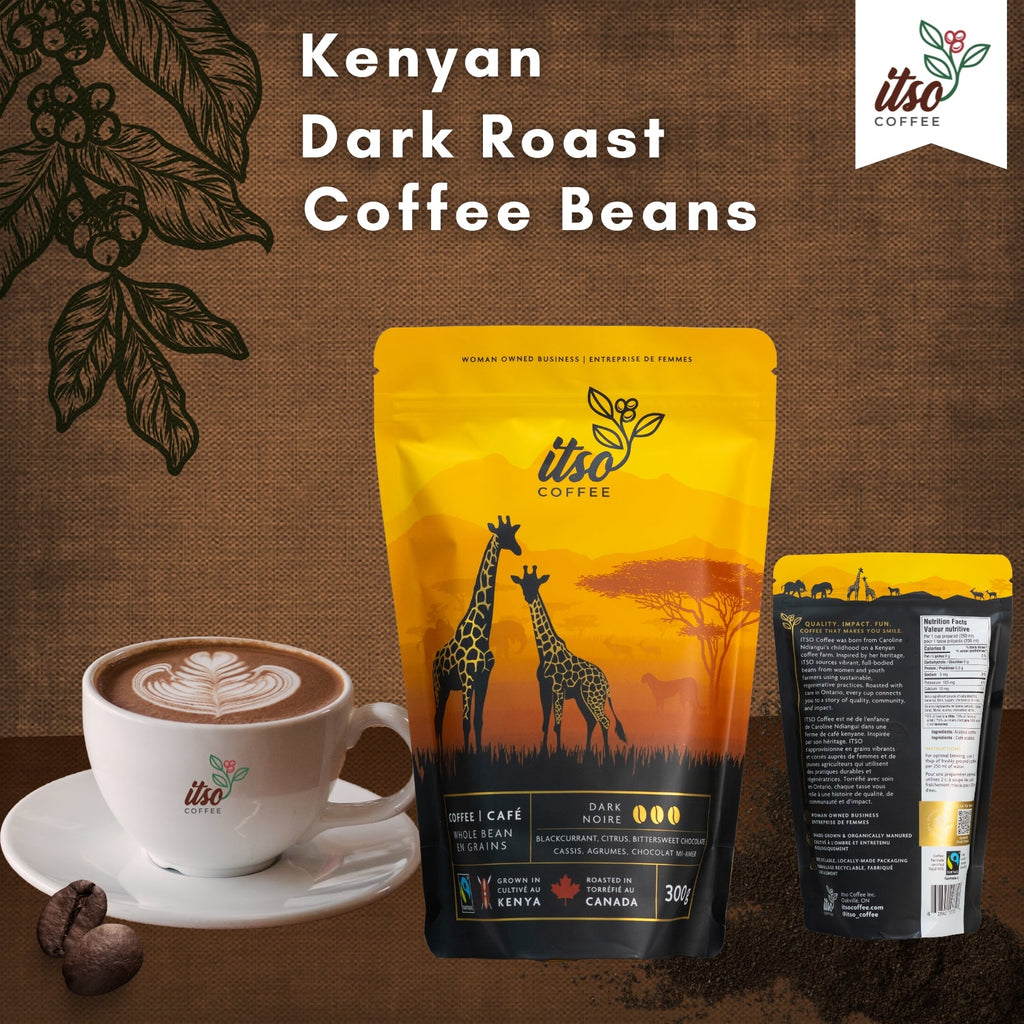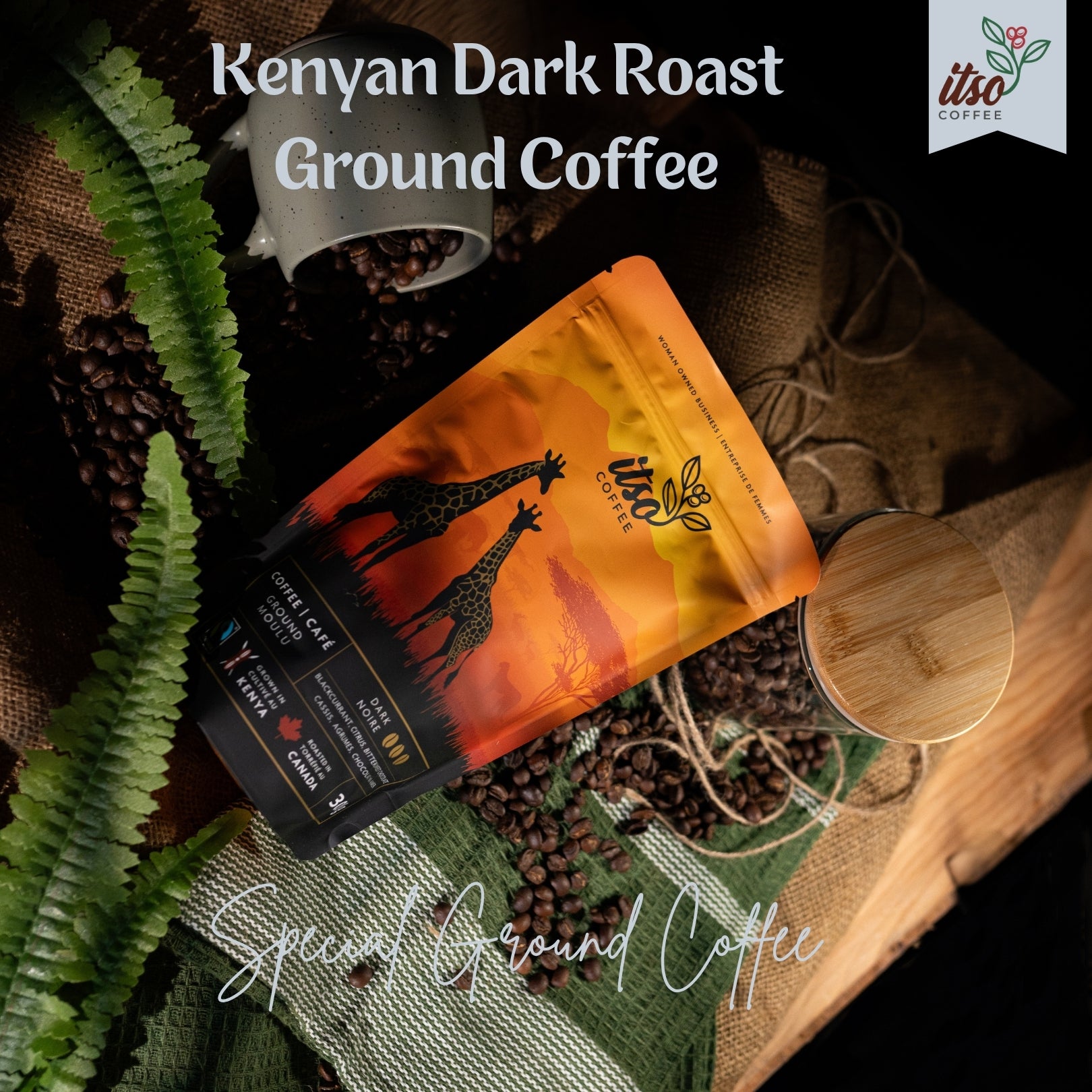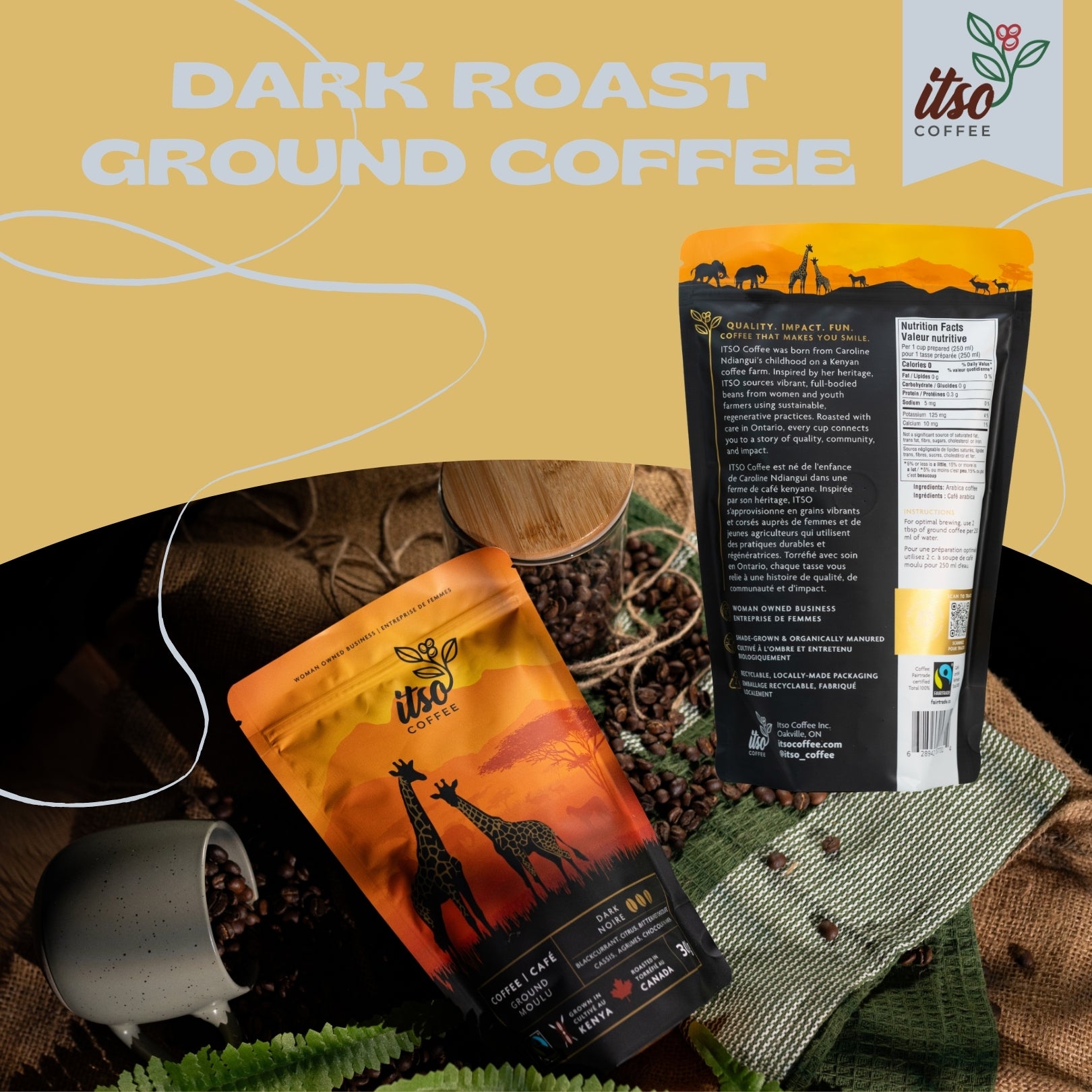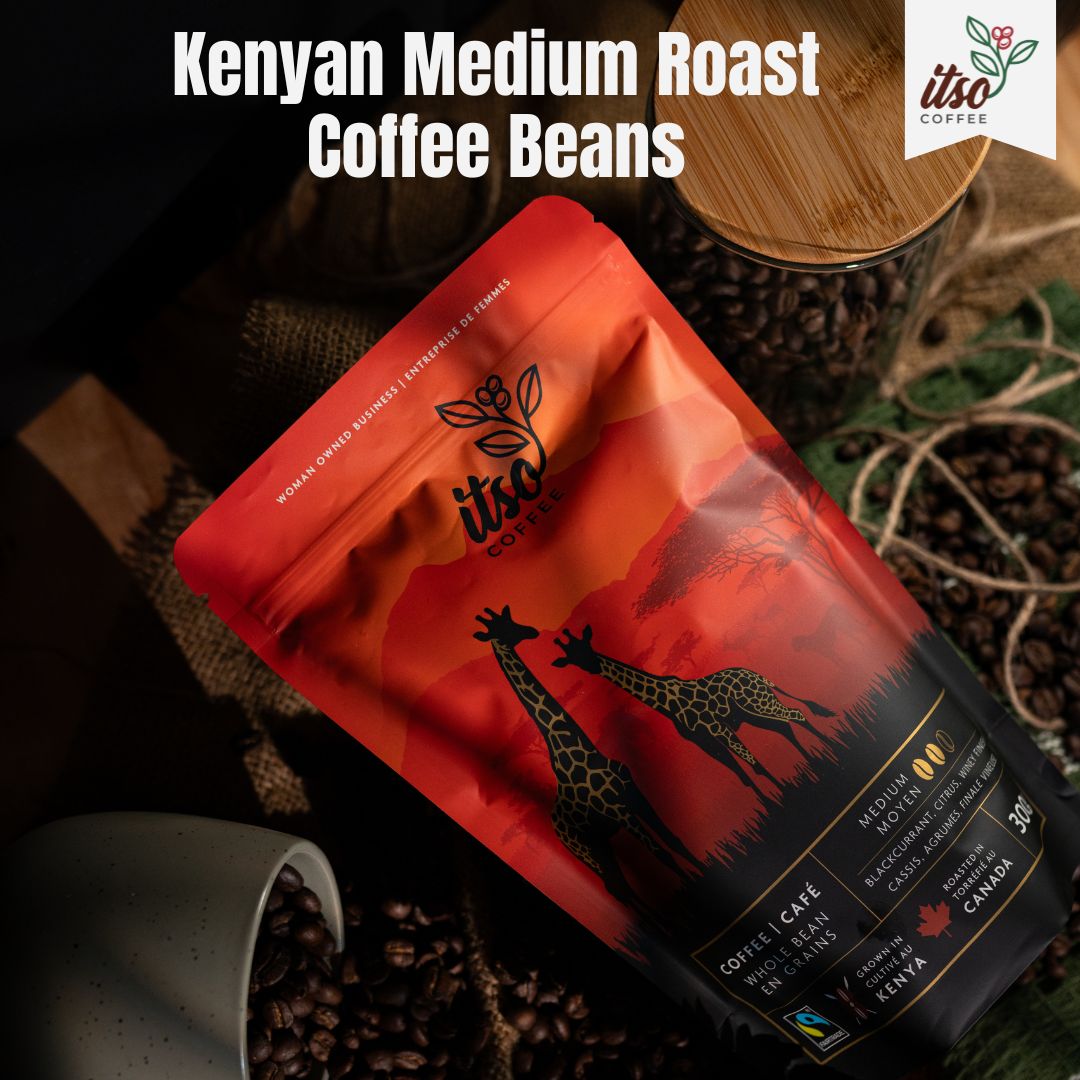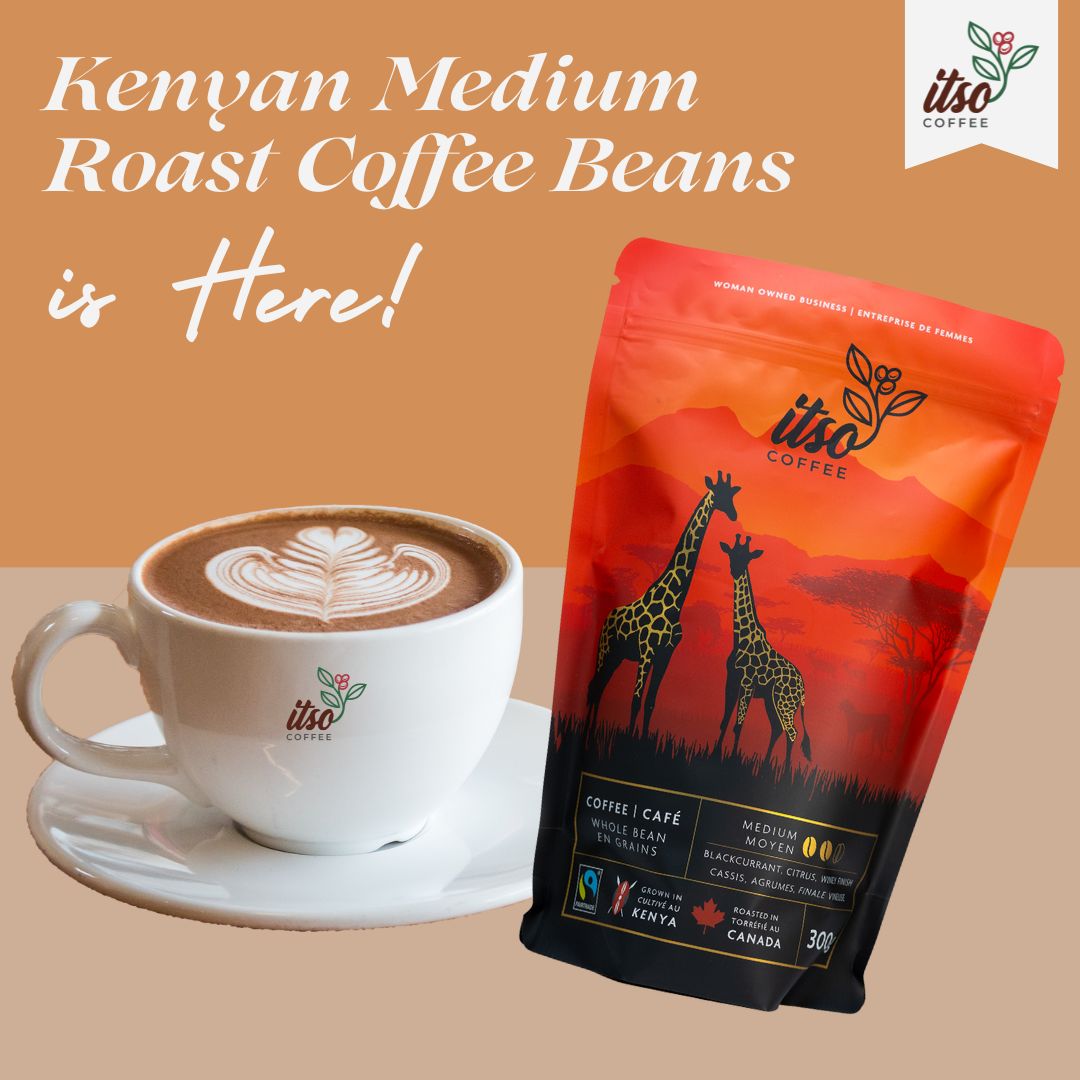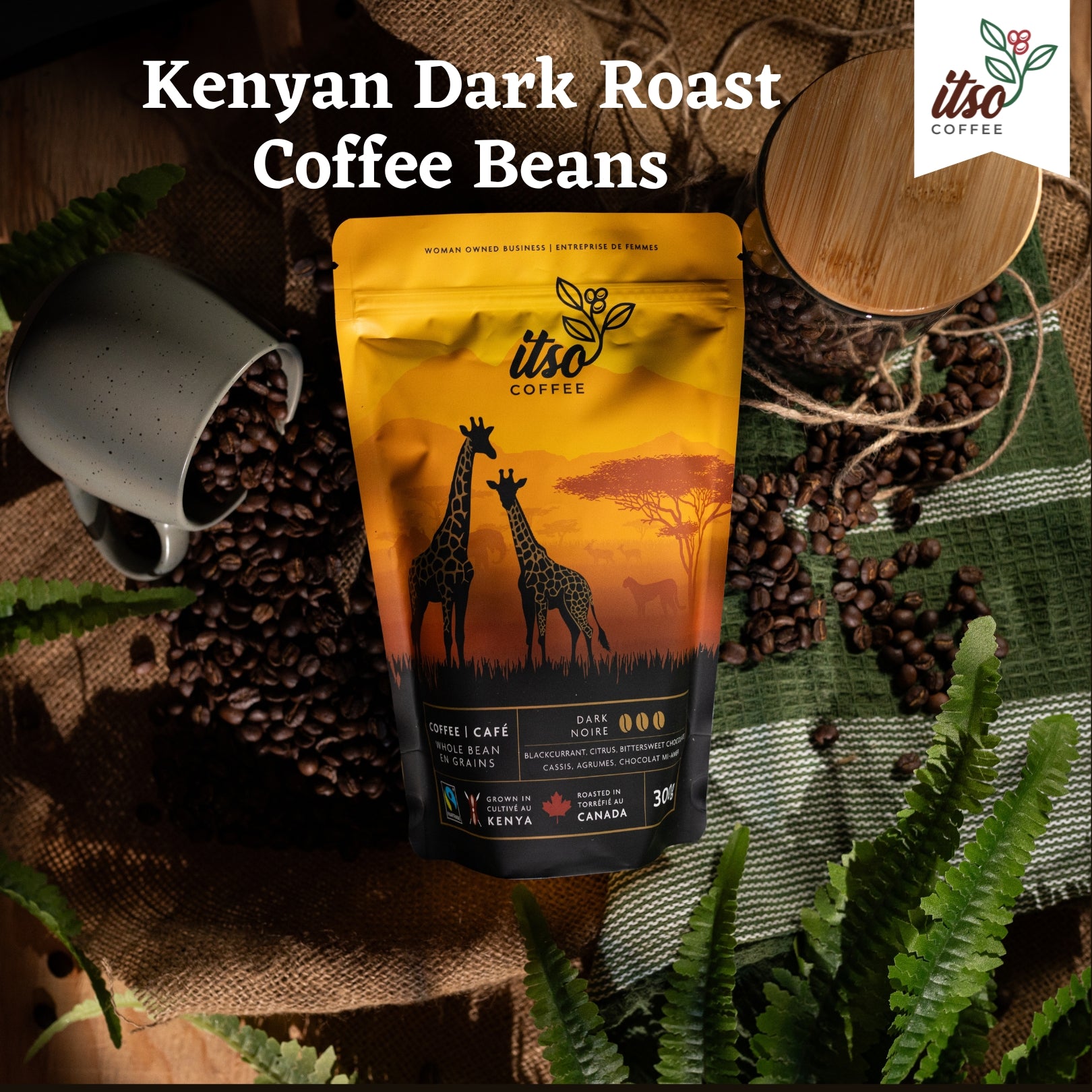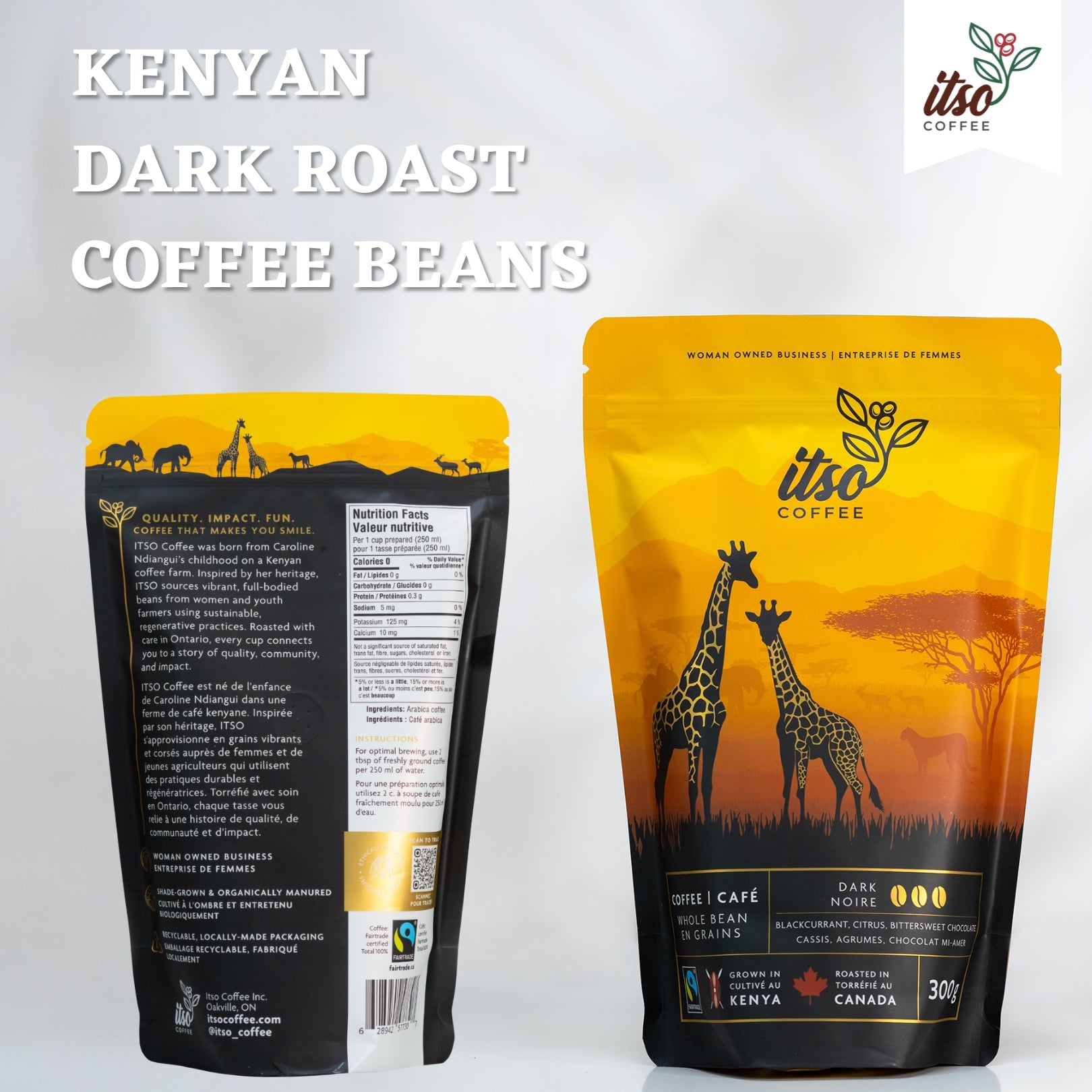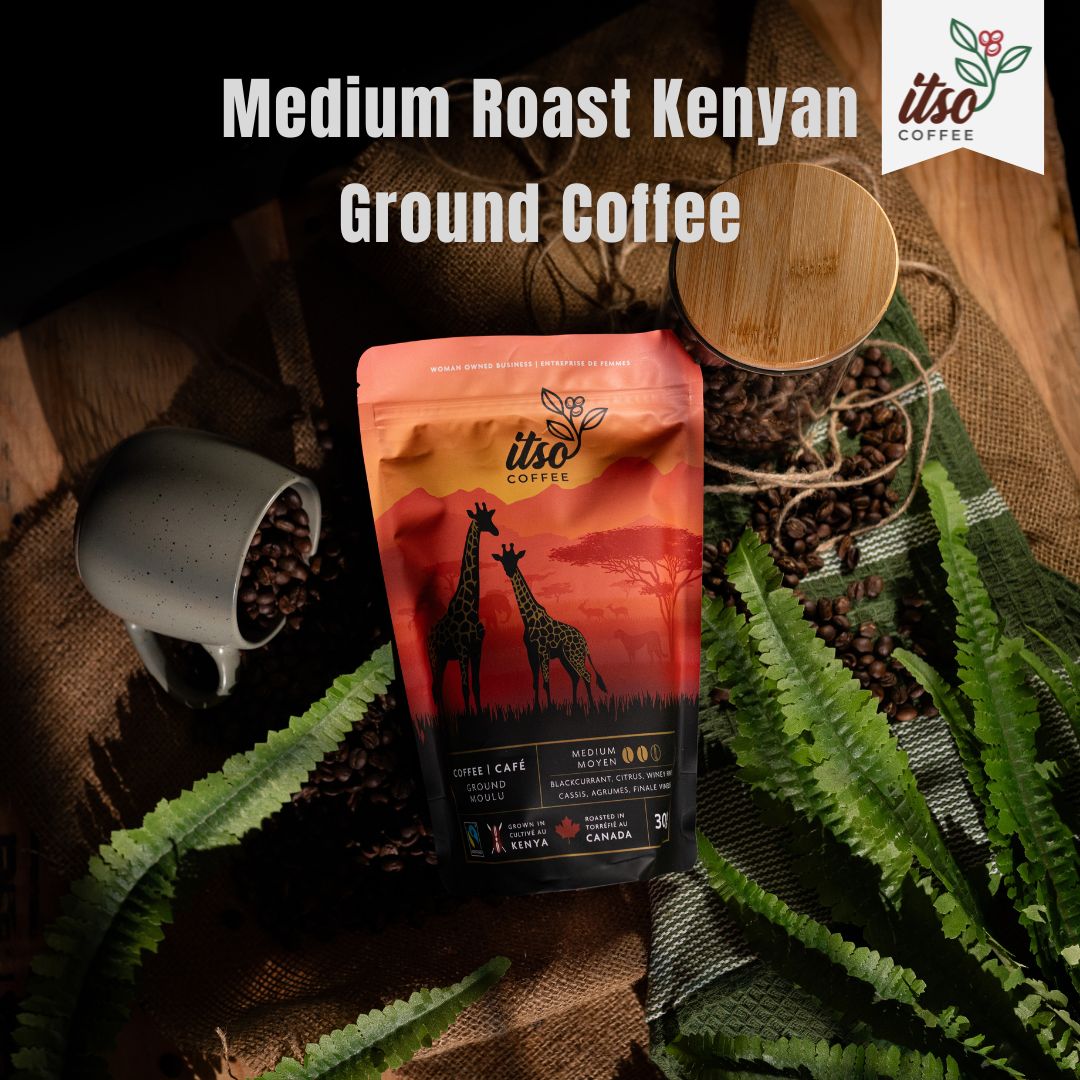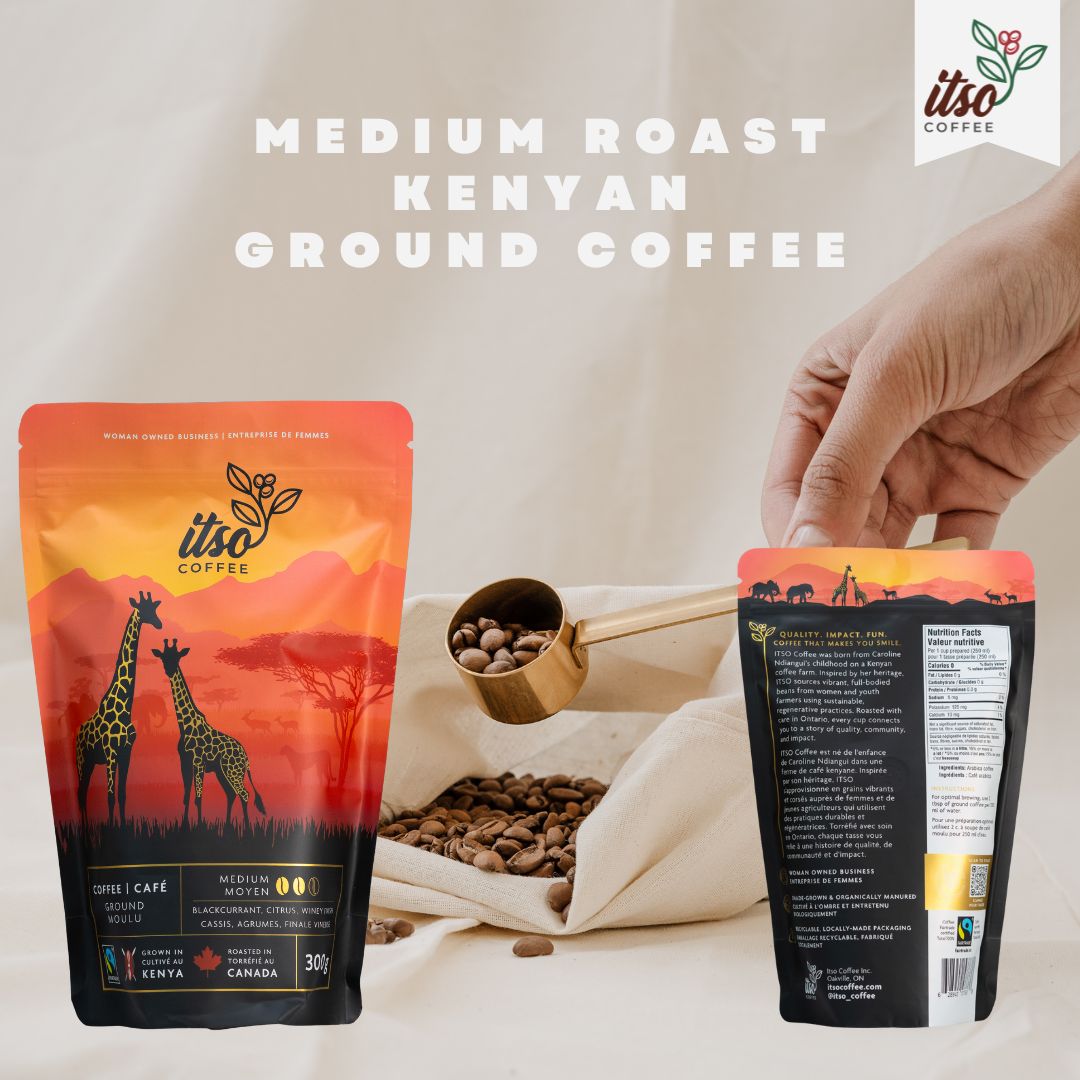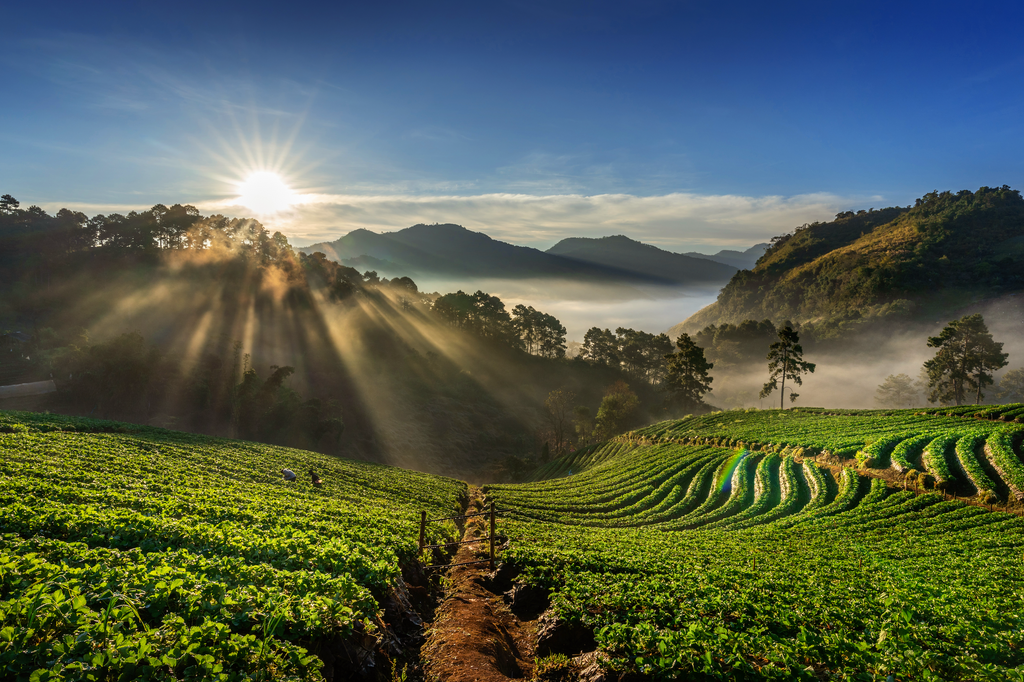
Batian Coffee Varietal: Transforming Coffee Farming through Sustainability

Coffee, a beloved beverage enjoyed by millions globally, is not just a morning ritual but a lifeline for many communities relying on its cultivation for economic sustenance. In recent years, the coffee industry has faced numerous challenges, from climate change to the threats posed by pests and diseases. Amidst these challenges, the emergence of the Batian coffee varietal has offered a glimmer of hope, showcasing the transformative power of sustainable agricultural practices. In this comprehensive exploration, we delve into the multifaceted impact of Batian on the sustainability of coffee farming.

- Resilience to Pests and Diseases:
One of the primary threats to coffee crops is the onslaught of pests and diseases. Batian, developed in Kenya through meticulous research by the Coffee Research Institute and the Kenya Agricultural and Livestock Research Organization, has proven to be a resilient force against these adversaries. Its innate resistance significantly reduces the need for chemical pesticides, aligning with the principles of sustainable and environmentally friendly farming. By mitigating the environmental impact of conventional pest control methods, Batian contributes to the overall health of ecosystems in coffee-growing regions.
- Enhanced Yield and Quality:

The heart of any sustainable agricultural practice is optimizing output without compromising quality. Batian, renowned for its high yield potential, addresses this crucial aspect of sustainability. With an increased number of coffee cherries per plant, farmers can meet growing global demand while minimizing the need for expanding cultivation areas. Moreover, Batian is associated with high-quality beans, meeting the discerning preferences of consumers who increasingly prioritize the origin and quality of their coffee. This dual advantage positions Batian as a key player in the pursuit of both quantity and quality in coffee production.
- Climate Adaptability:
Climate change is an existential threat to agriculture worldwide, and coffee farming is no exception. Shifting weather patterns, unpredictable rainfall, and rising temperatures pose significant challenges to traditional coffee varieties. Enter Batian, a varietal that demonstrates remarkable adaptability to diverse climatic conditions. Its ability to thrive in various environments provides a lifeline for farmers facing the uncertainties brought about by climate change. By fostering climate-resilient crops, Batian contributes to the long-term sustainability of coffee farming communities, providing a buffer against the adverse effects of a changing climate.
- Economic Empowerment:

Sustainability in agriculture extends beyond environmental considerations to encompass the economic well-being of farming communities. The increased yield and quality associated with Batian translate into improved economic outcomes for coffee farmers. With a more reliable and profitable crop, farmers can invest in their communities, education, and infrastructure, fostering long-term sustainability and reducing dependency on external aid. The economic empowerment of coffee farmers through the cultivation of Batian is not just a boon for individuals but a catalyst for the overall development of coffee-producing regions.
- Conservation of Biodiversity:
The interconnectedness of agriculture and biodiversity is often overlooked. However, sustainable farming practices play a crucial role in preserving the delicate balance of ecosystems. Batian, with its resistance to pests and diseases and reduced reliance on chemical inputs, contributes to the conservation of biodiversity in coffee-growing regions. This is not only an environmental imperative but also a strategic approach to maintaining the health and resilience of the ecosystems that coffee farming depends on.
- Market Access and Premiums:

Economic sustainability in the coffee industry hinges on market access and the ability to command premium prices. Batian's positive attributes, including disease resistance and high quality, position it favorably in the global coffee market. Coffee produced from this varietal is not just a commodity but a premium product that can fetch higher prices. This economic incentive serves as a powerful motivator for farmers to adopt and sustainably practice Batian cultivation, creating a positive feedback loop where sustainability and economic viability reinforce each other.
Conclusion:
In conclusion, the Batian coffee varietal emerges as a transformative force in the quest for sustainability in coffee farming. Its resilience to pests and diseases, adaptability to diverse climates, and positive economic impact make it a cornerstone of innovation in the coffee industry. As global demand for sustainable products continues to rise, Batian stands as a beacon of hope, demonstrating that agricultural innovation can contribute not only to the well-being of farmers but also to the preservation of the environment. The journey towards a sustainable coffee industry is ongoing, and Batian exemplifies the potential for positive change through thoughtful research, innovation, and a commitment to the principles of sustainability.
